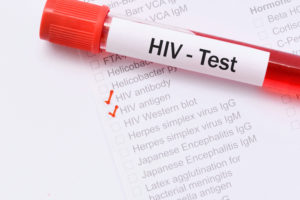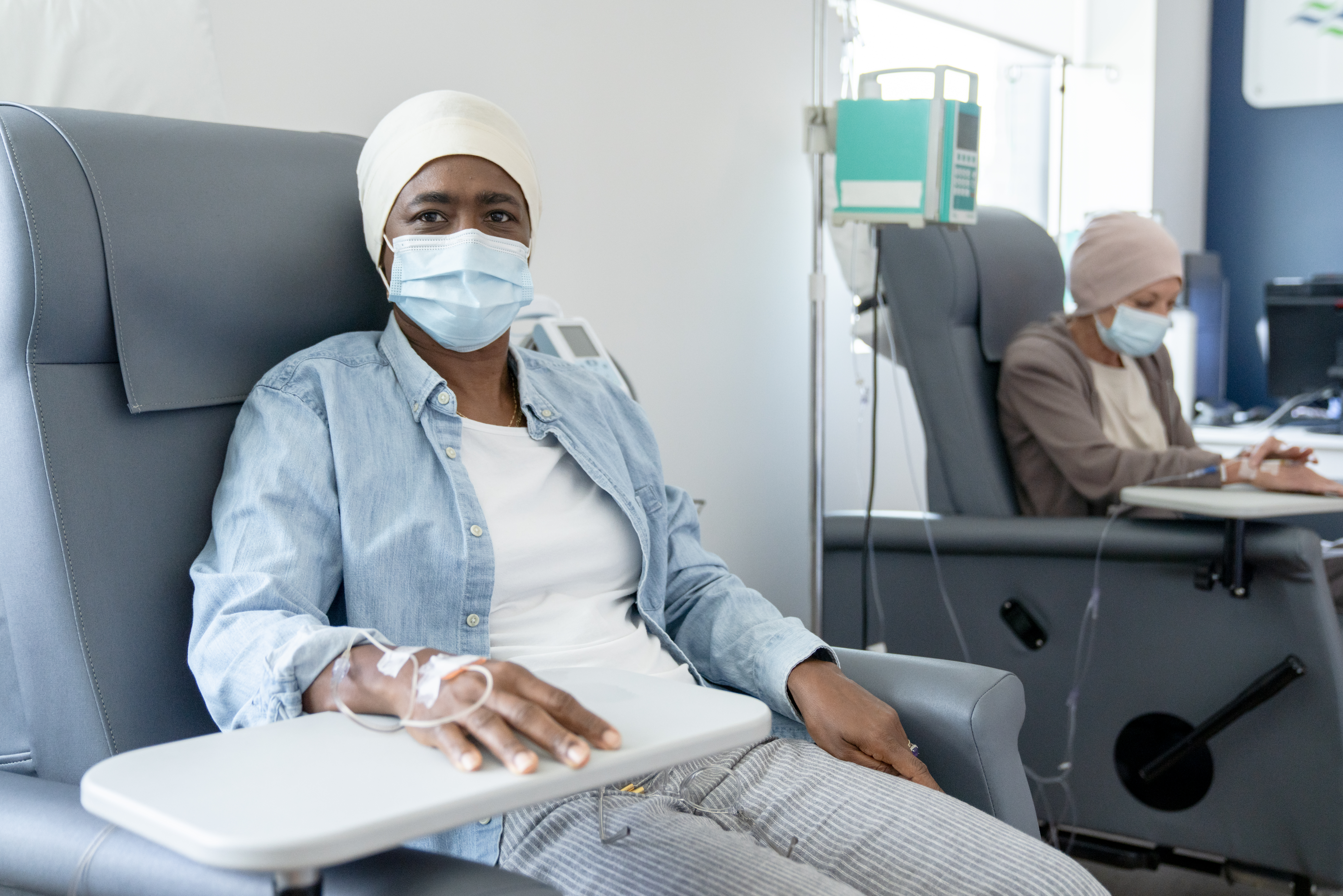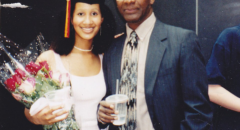 Black people account for a higher proportion of new HIV diagnoses, those living with HIV, and those who have ever received an AIDS diagnosis, compared to other races and ethnicities. In 2016, African Americans accounted for 44% of HIV diagnoses, though we only make up 12% of the U.S. population.
Black people account for a higher proportion of new HIV diagnoses, those living with HIV, and those who have ever received an AIDS diagnosis, compared to other races and ethnicities. In 2016, African Americans accounted for 44% of HIV diagnoses, though we only make up 12% of the U.S. population.
When you read those stats, it makes you wonder, will there ever be a cure or something solid in place to prevent contracting the virus?
According to U.S. researchers, an experimental HIV vaccine protected animals from dozens of strains of HIV and a human trial of the vaccine is expected to begin in the second half of 2019.
The vaccine targets a vulnerable site on HIV, the virus that causes AIDS, and triggered antibody production in mice, guinea pigs, and monkeys, according to researchers with the U.S. National Institute of Allergy and Infectious Diseases (NIAID).
The scientists "used their detailed knowledge of thestructure of HIV to find an unusual site of vulnerability on the virus and design a novel and potentially powerful vaccine," NIAID director Dr. Anthony Fauci said in an agency news release.
"This elegant study is a potentially important step forward in the ongoing quest to develop a safe and effective HIV vaccine," he added.
The scientists are making refinements to the vaccine, such as boosting its potency, to produce a version that's suitable for testing in people.
So, what’s next?
Clinical trials are needed to take findings like this even further. In 2018, Blacks are still outnumbered when it comes to participation in research and studies. It’s now much more important than ever to do your research on clinical trials and see how you can become a vessel of help for a bigger picture. Look to your local health physician or clinic to see how you can get involved.
For more information on clinical trails visit our Healthy Living tab, on BlackDoctor.org.
SOURCE: U.S. National Institute of Allergy and Infectious Diseases, news release, June 4, 2018









